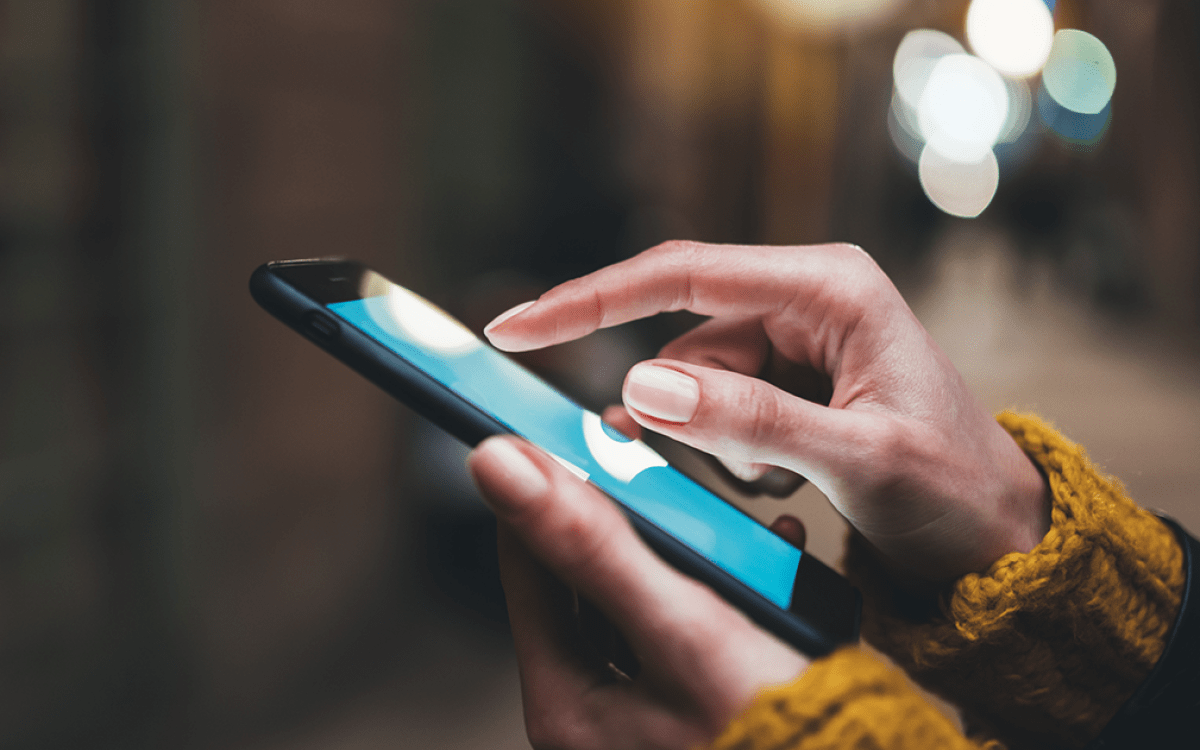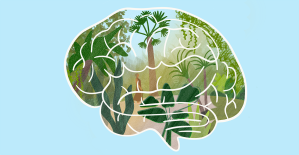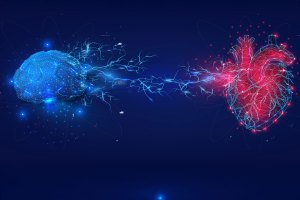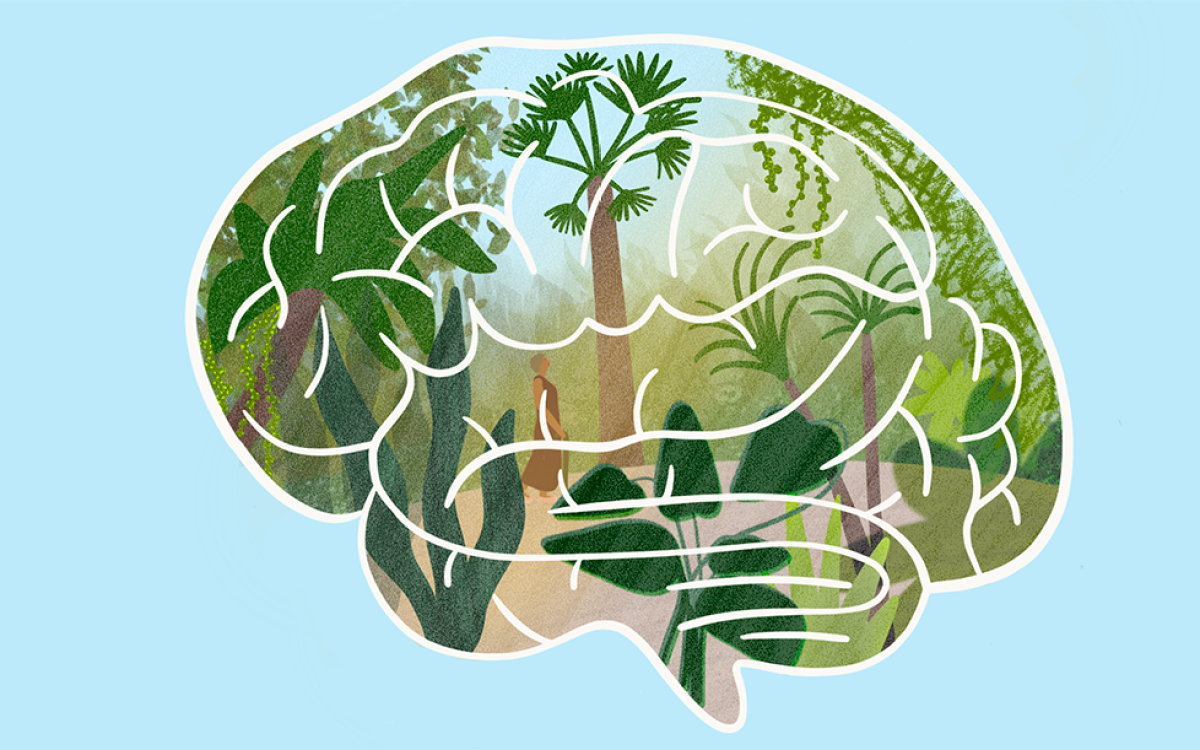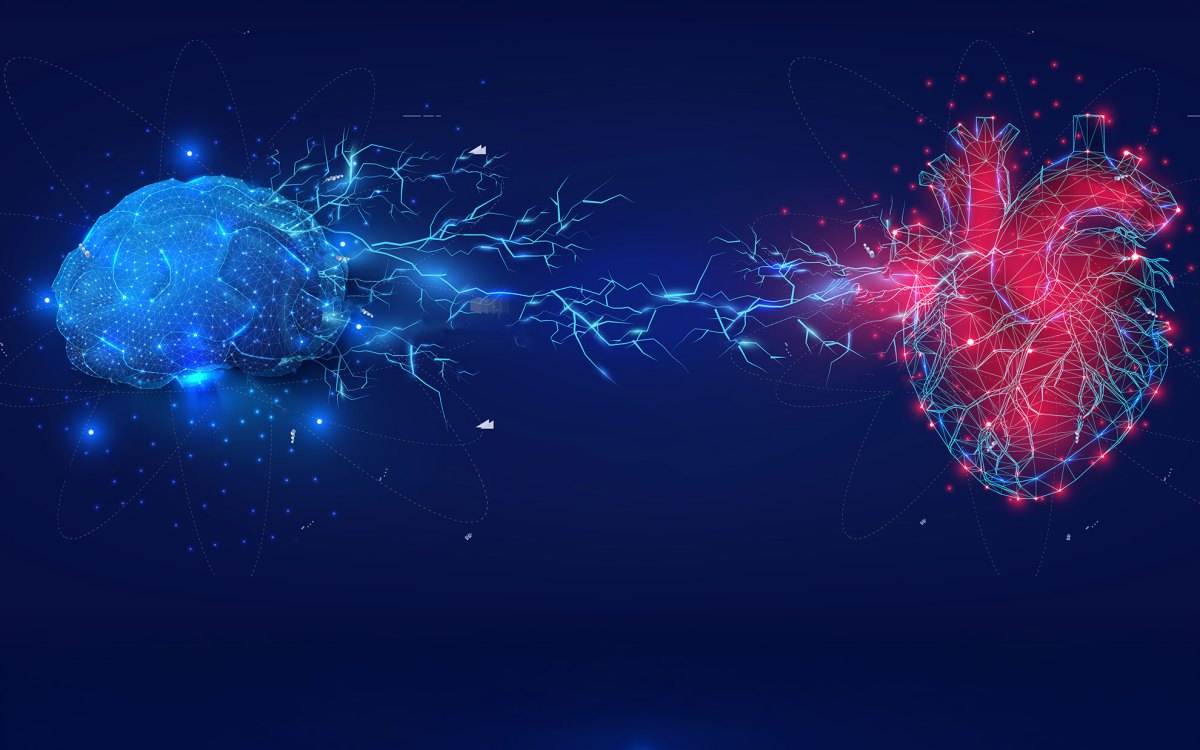Study: No psychological or cognitive deficits from peyote
Researchers at Harvard-affiliated McLean Hospital report that Native Americans who use the hallucinogen peyote regularly in connection with religious ceremonies show no evidence of brain damage or psychological problems.
In fact, members of the Navajo tribe who regularly use peyote actually scored significantly better on several measures of overall mental health than did subjects from the same tribe who were not members of the religious group and did not use the hallucinogen, according to a paper published in the Nov. 4, 2005 issue of Biological Psychiatry.
“We found no evidence that these Native Americans had residual neurocognitive problems. Despite lifelong participation in the peyote church, they performed just as well on mental tests as those who had never used peyote,” said the study’s first author John Halpern, MD, of McLean Hospital’s Biological Psychiatry Laboratory. The study was funded, in part, by the National Institute on Drug Abuse.
Beyond that, the peyote users scored better on several measures of the Rand Mental Health Inventory (RMHI), a test used to diagnose psychological problems and determine overall mental health, he said. Among the RMHI scales are measures of anxiety, depression, loss of behavioral or emotional control, and psychological distress. Halpern emphasized that the better scores among peyote users were not necessarily attributable to the use of peyote itself, but more likely due to the social and psychological benefits of being members of the Native American Church community.
